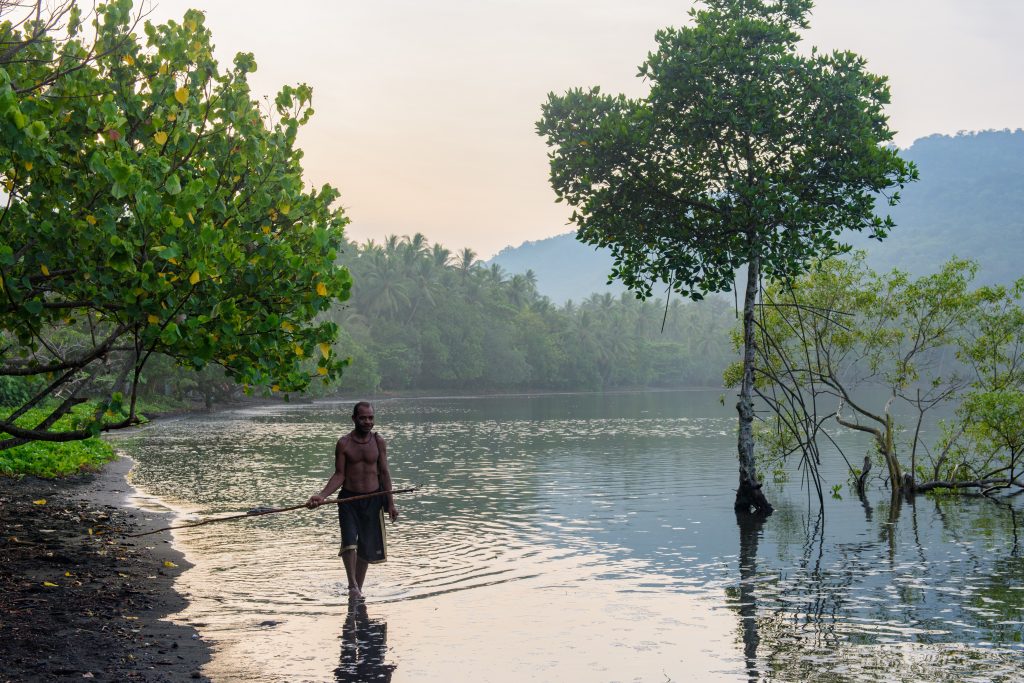Prologis Launches Europe-Wide Initiative to Reduce “Whole-Life Carbon Emissions”
3rd June 2020

Prologis says it is the first industrial property company to introduce a Europe-wide initiative to measure and reduce whole-life carbon emissions in all its new logistics buildings.
Launched on World Environment Day (5th June 2020) and designed to support the United Nation’s Decade of Action* campaign, Prologis will extend its 12-year UK partnership with climate change charity Cool Earth, and sustainability certification company The Planet Mark. The aim is to raise sustainability standards across the European industrial property sector and drive meaningful change through social empowerment.
From June 2020, Prologis will work with climate change charity, Cool Earth, to fund the protection of rainforest to mitigate the equivalent of unavoidable carbon emissions in its new buildings across Europe. The programme will help Cool Earth to protect an area of rainforest 31 times larger than the area of each building. This draws on the results of detailed Carbon Life Cycle Assessments to ensure that every development achieves a net environmental benefit, targeting carbon savings that are 5 times greater than the embodied carbon footprint of each building.
Partnering with the charity Cool Earth will allow Prologis to demonstrate a robust, science-based approach to the mitigation of climate change. through the protection of rainforest. This has also been shown to have extensive benefits for society, culture and biodiversity.
Whilst the protection of rainforest communities might at first seem far removed from European logistics real estate, the company says that we all must play our part in keeping rainforest standing. As the planet’s global safety net, supporting local people to protect rainforest is the smartest, most positive climate action there is, it says. Rainforest trees lock in a quarter of the world’s carbon emissions and generate moisture, which travels around the world, and accounts for a fifth of the planet’s fresh water. Rainforests also protect over six million species of plants and animals (with many still undiscovered), forming an essential ecosystem which is essential to our survival.
Simon Cox, UK head of sustainability for Prologis in the UK explained why the company is pleased to be extending its commitment to environmental stewardship, social responsibility, and governance (ESG) in this way:
“Prologis has a long-standing and enduring commitment to ESG, and we strive to go above and beyond industry standards in terms of sustainability. ‘Embodied carbon’ – which is the carbon emitted during the construction of a new building – can be reduced through good design, but it cannot be eliminated altogether. Developers should be thinking about ways to mitigate these emissions by actively protecting the environment and supporting the development of sustainable communities.
“By working with Cool Earth, we can support people who live in the rainforest to protect trees that we rely on globally to store carbon, produce fresh water, and shield diverse species of plants and animals. We make the donation to Cool Earth at the outset of each project precisely because the rainforest is so fragile, and we want to support the preservation of this ecosystem as soon as possible.”
Over the past 12 years, through its partnership with Cool Earth and The Planet Mark, Prologis’ buildings in the UK have been helping to protect 12,500 acres of rainforest in Peru and Papua New Guinea, going beyond ‘net-zero’ in terms of embodied carbon. Prologis is helping rainforest communities to lock in 3.5 million tonnes of carbon dioxide by protecting 3.2 million trees mitigating an estimated 600,000 tonnes of carbon dioxide emissions. As part of this partnership, the company has also educated 7,500 pupils at schools close to its logistics parks through sustainability workshops. Delivered by The Eden Project, these workshops are offered free of charge to local schools and aim to help children understand the important role they can all play in protecting the planet.

